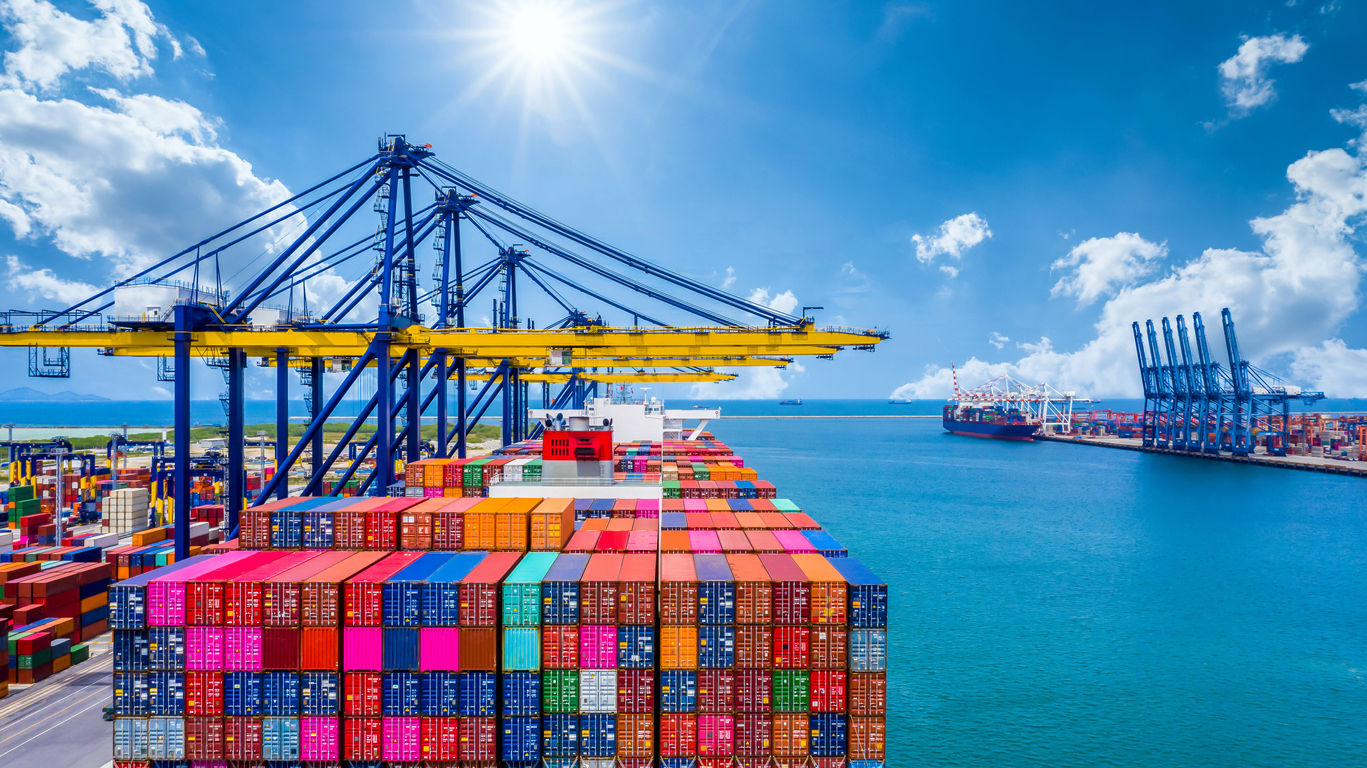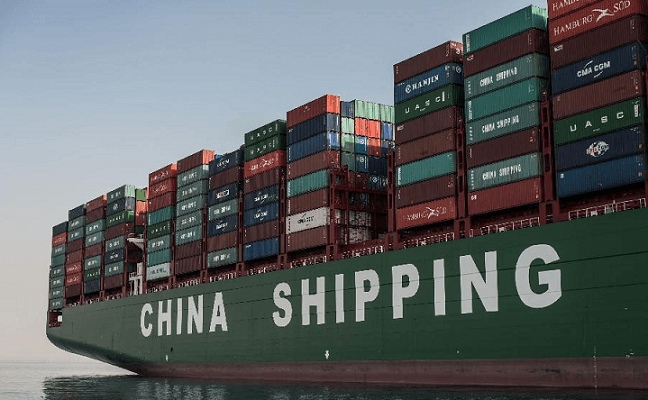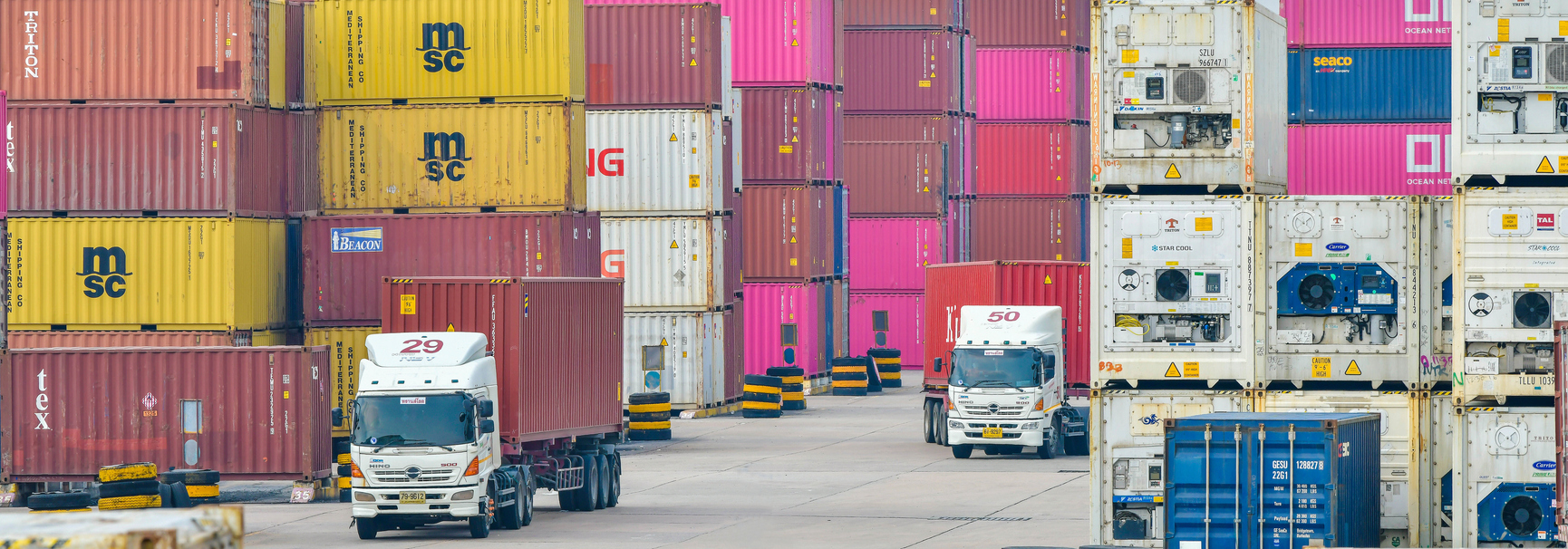The Case for Floating the Naira: Insights from Top Financial Analysts
The Case for Floating the Naira: Insights from Top Financial Analysts
Are you tired of hearing about the constant fluctuations and devaluations of the naira? Are you ready for a solution that could potentially stabilize Nigeria’s economy? Look no further than floating the naira. In this blog post, we will explore insights from top financial analysts who make a compelling case for why it’s time to consider floating the naira. From reducing inflation to increasing foreign investments, you won’t want to miss out on this informative read. So sit back, relax, and let’s dive into the case for floating the naira!
Introduction: What is the Naira?
The naira is the official currency of Nigeria. It is divided into 100 kobo. The naira was introduced on 1 January 1973, replacing the Nigerian pound at a rate of 2 naira = 1 pound. The word “naira” is an English corruption of the Hausa word for “cowry shell”, which were once used as currency in parts of Africa.
Nigeria is a developing country with a quickly growing economy. For this reason, some analysts believe that it is time for Nigeria to float its currency, the naira. Doing so would have many benefits for the country, including increasing foreign investment and trade, and reducing inflation.
However, others are worried about the potential negative effects of floating the naira. They argue that it could lead to a loss of jobs and increased poverty levels.
So far, the Nigerian government has been reluctant tofloat the naira due to these concerns. Only time will tell if they eventually decide to do so.
Reasons for Floating the Naira
1. Nigeria’s current account deficit: Nigeria relies heavily on energy exports to finance its import-driven economy. However, due to the fall in global oil prices, Nigeria has been running a current account deficit since 2014. In order to finance this deficit, Nigeria has had to rely on foreign capital inflows, which have become increasingly difficult to obtain.
2. High inflation: Inflation in Nigeria has been relatively high in recent years, averaging around 10%. This is partly due to the fact that the country imports a large share of its consumer goods. If the naira were to be floated, it would become more expensive to import goods into Nigeria, which would help reduce inflation.
3. Exchange rate uncertainty: The naira has been subject to large swings in value against the US dollar in recent years. This has made it difficult for businesses to plan and invest with confidence. Floating the naira would put an end to this exchange rate uncertainty and make doing business in Nigeria much easier.
4. Attracting foreign investment: Foreign investors are often put off by countries with pegged currencies, as they fear that their investments could be wiped out by sudden currency devaluations. Floating the naira would make Nigeria a more attractive destination for foreign investment.
5. Improving economic efficiency: A floating exchange rate is generally considered to be more efficient than a pegged rate, as it allows market forces to determine the correct value of a currency. This would
How Floating the Naira would Help Nigeria’s Economy
Floating the Naira would help Nigeria’s economy by providing more stability and by attracting foreign investors. The current system where the Central Bank of Nigeria (CBN) sets the Naira’s rate is not working because it has led to a shortage of US dollars, which has hurt businesses that need to import goods.
A floating exchange rate would allow the Naira to find its true value in the market, and this would attract more foreign investment. Nigeria’s economy is currently too dependent on oil, and diversifying into other sectors will be essential for long-term growth. Floating the Naira will help achieve this goal by making it easier for businesses to trade with other countries.
Challenges Associated with Floating the Naira
The Nigerian naira has been pegged to the US dollar since 1995, and this policy has come under increasing pressure in recent years. The Nigerian economy has been growing rapidly, while the US economy has been struggling. This has led to a situation where the naira is overvalued against the dollar, making Nigerian exports less competitive and leading to a decline in foreign investment.
There have been calls for the Nigerian authorities to allow the naira to float freely against the dollar, in order to make the currency more competitive. However, there are a number of challenges associated with this option.
First of all, it is not clear how much the naira would depreciate if it was allowed to float. If it depreciated too much, this could lead to inflation as import prices increase. There is also a risk that investors could lose confidence in the naira, leading to capital flight and further depreciation.
Secondly, a floating naira would make it harder for the Nigerian authorities to manage their monetary policy. They would no longer be able to peg interest rates directly to the US dollar, making it more difficult to control inflation.
Thirdly, there could be political resistance to allowing the naira to float. Some politicians may fear that a depreciating currency could lead to social unrest. Others may worry about losing control over the country’s economic policy if the central bank is no longer able set interest rates.
Given these
Recommendations from Financial Analysts
After years of debate, the Nigerian government has finally decided to float the Naira. This move was widely welcomed by financial analysts, who have long argued that it is the best way to stabilize the country’s economy.
In this section, we will share some of the top recommendations from financial analysts on how to make the most of this decision.
1. Diversify your portfolio: One of the main advantages of floating the Naira is that it will make Nigeria’s economy more attractive to foreign investors. As such, now is a good time to diversify your portfolio and include some Nigerian assets.
2. Consider investing in local companies: With the Naira now being more stable, local companies are likely to flourish. This makes them an attractive investment option for those looking to profit from the country’s economic growth.
3. Monitor developments closely: The situation in Nigeria is still fluid and things could change quickly. As such, it is important to monitor developments closely and be prepared to adapt your investment strategy accordingly.
Pros and Cons of Floating the Naira
When it comes to the naira, there is no one-size-fits-all answer to the question of whether or not it should be floated. Every situation is different, and what may work for one country may not work for another. However, there are some general pros and cons of floating the naira that can be considered when making a decision about what is best for a particular economy.
Pros:
1. Floating the naira can help to stabilize the currency and prevent large swings in its value.
2. It can also help to promote economic growth by making exports more competitive and encouraging foreign investment.
3. Floating the naira can also help to reduce inflationary pressure by making imported goods cheaper.
Cons:
1. There is a risk that floating the naira could cause it to lose value rapidly, which could lead to economic problems such as higher prices and unemployment.
2. There is also a risk that the government could manipulate the value of the currency for political purposes, which could lead to economic instability.
Conclusion
In conclusion, the case for floating the Naira is a complex one. While it carries some risks, top financial analysts agree that the long-term economic benefits of freeing up the currency outweigh any short-term repercussions. By allowing more foreign investment and creating greater transparency in pricing, a floating exchange rate could help Nigeria become more competitive in global markets. Ultimately, it’s up to Nigerian policymakers to decide if they are willing to take this risk – but if they do, there could be significant gains ahead.








Comments are closed.